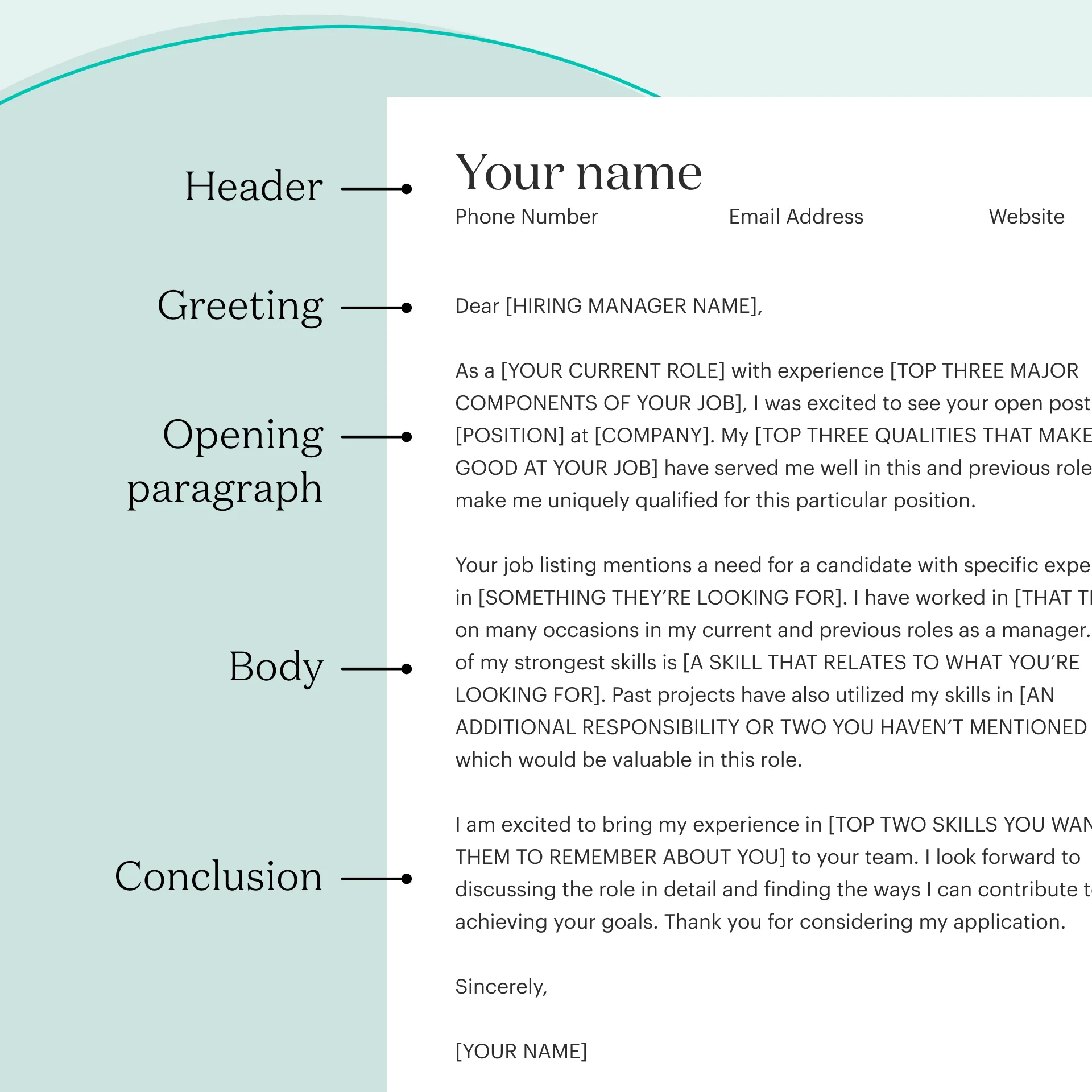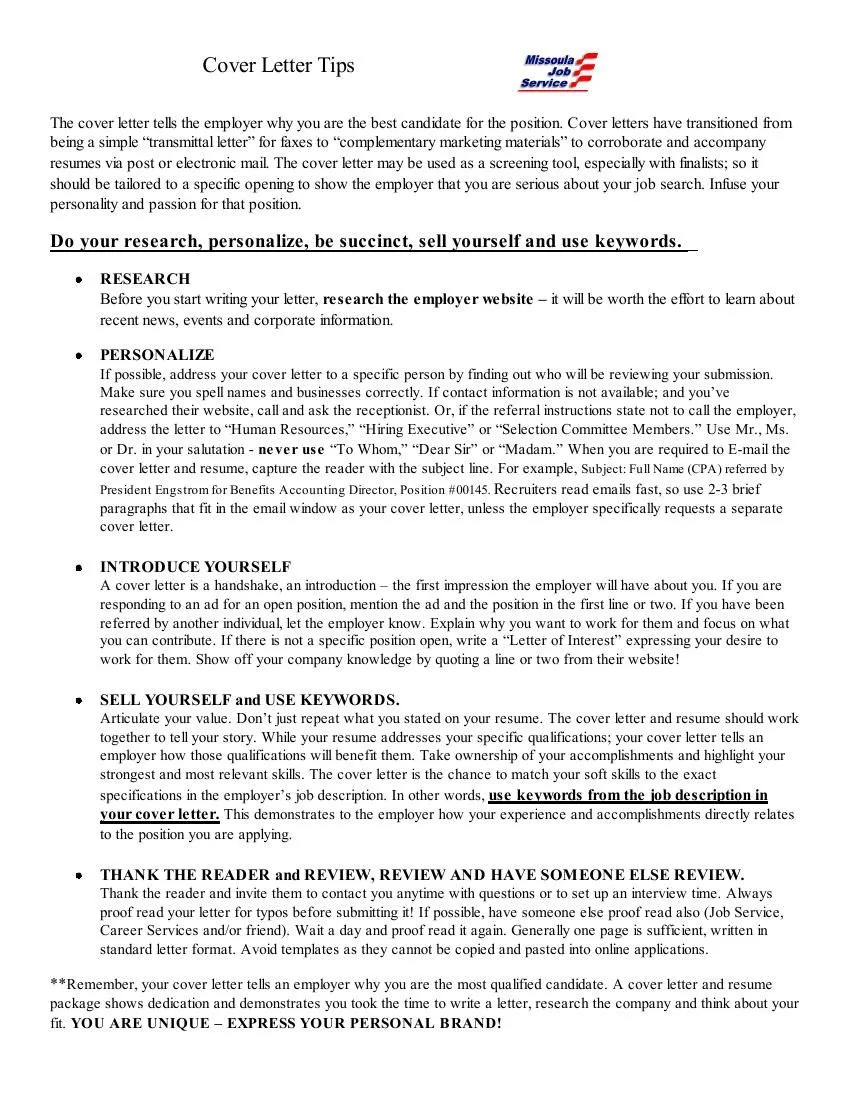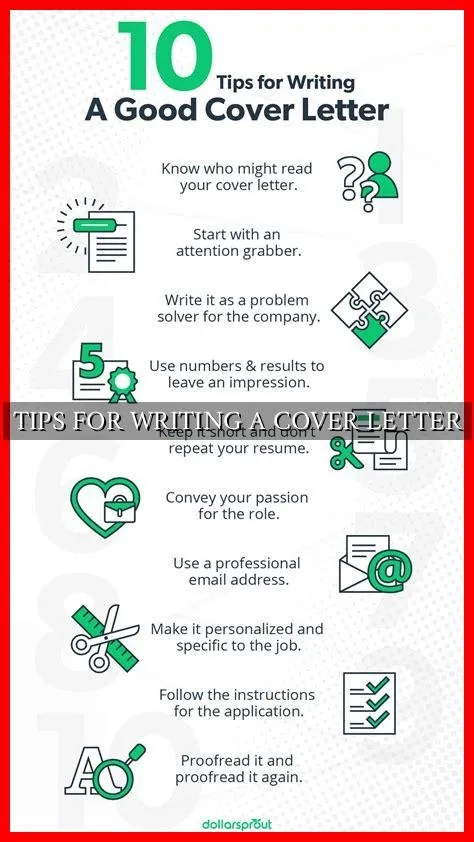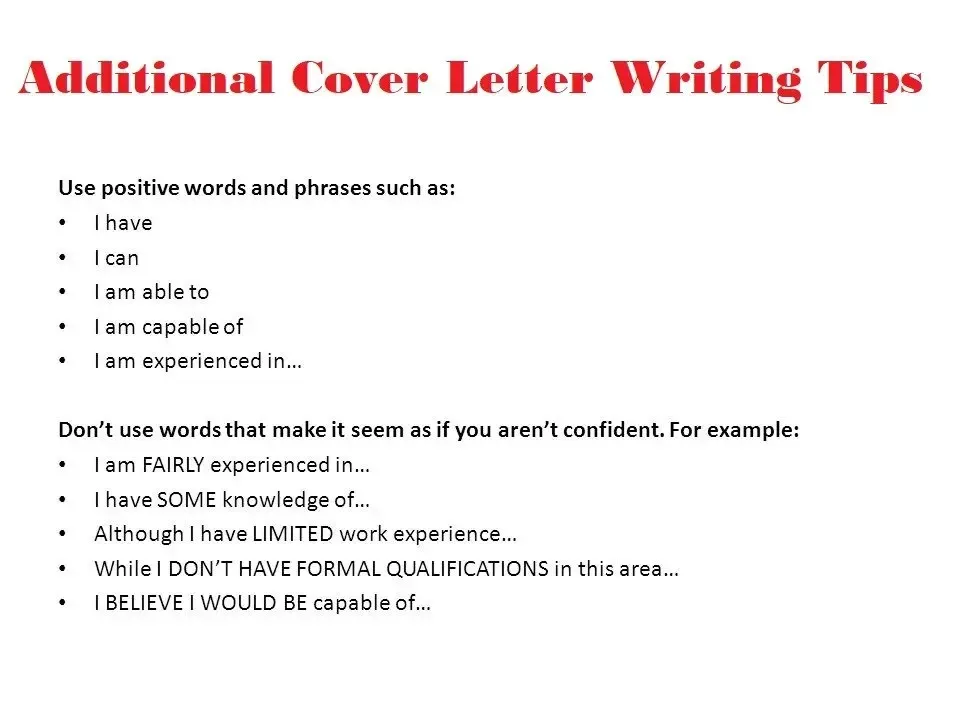5 Secrets to a Good Cover Letter
A cover letter is your first opportunity to make a great impression on a potential employer. It’s more than just a formality; it’s a chance to introduce yourself, highlight your skills, and explain why you’re the perfect fit for the job. But crafting a compelling cover letter can feel daunting. The goal is to showcase your unique value proposition and make the hiring manager eager to learn more about you. This article unveils the five key secrets to writing a cover letter that grabs attention and lands you an interview, transforming your job application from a generic submission into a powerful statement of your capabilities and enthusiasm.
Highlighting Your Skills
Your cover letter should be a showcase of your skills and how they align with the job requirements. Don’t just list your skills; demonstrate how you’ve used them to achieve results. A good cover letter goes beyond simply stating what you can do; it provides context and illustrates your capabilities through specific examples. Think of it as a narrative, painting a picture of your professional journey and how your skills have evolved to prepare you for this specific role. Every skill you mention should be relevant to the job, and it’s crucial to connect these skills with tangible achievements to make them impactful.
Quantify Your Achievements

One of the most effective ways to make your cover letter stand out is by quantifying your achievements. Instead of saying you ‘increased sales,’ state by how much you did. Did you increase sales by 15% in a quarter? Did you streamline a process that saved the company X amount of money or X hours of time? These concrete examples provide a clear understanding of your value and impact. Numbers add credibility to your claims and offer hiring managers hard evidence of your past successes. Remember to use data whenever possible to support your claims and showcase your results.
Tailoring Your Letter
Generic cover letters are easy to spot and often end up in the rejection pile. The best cover letters are tailored to the specific job and the company. This shows you’ve done your research and are genuinely interested in the opportunity. Address the letter to a specific person whenever possible. Refer to the company’s values, mission, and recent projects. Show how your skills and experiences directly align with their needs and goals. A tailored cover letter demonstrates your attention to detail, commitment, and that you are seriously invested in securing the position. Tailoring makes it clear that you’re not just sending out a mass application, but are thoughtfully considering each opportunity.
Researching the Company
Before writing, thoroughly research the company. Understand their products or services, their recent news, and their company culture. Visit their website, read their social media profiles, and look for recent press releases. This knowledge will help you tailor your letter and demonstrate your interest. If the company has a mission statement, consider how your skills and experience align with their values. Mentioning specific projects, initiatives, or values in your letter shows you’ve done your homework and are genuinely interested in the role and the company. Such insights demonstrate your commitment and make your application more compelling.
Show, Don’t Tell

Instead of simply stating you’re a ‘hard worker,’ ‘a team player,’ or ‘results-oriented,’ provide concrete examples that demonstrate these qualities. This is the ‘show, don’t tell’ principle in action. For example, instead of saying you are a good leader, describe a situation where you led a team to successfully complete a project. If you are a problem-solver, give a specific example of a problem you identified, the solution you implemented, and the positive results. By providing specific examples, you allow the hiring manager to see these qualities in action and to understand how you have achieved results in past roles. This makes your claims more credible and memorable.
Use Action Verbs
Action verbs bring your cover letter to life. Instead of using passive language, start your sentences with strong action verbs that highlight your accomplishments and contributions. Examples of such verbs include: ‘managed,’ ‘developed,’ ‘implemented,’ ‘achieved,’ ’led,’ ‘created,’ ‘improved,’ and ‘increased.’ Using strong action verbs not only makes your writing more dynamic but also helps to paint a vivid picture of your achievements. Action verbs immediately communicate what you did, how you did it, and the impact you had, making your cover letter more engaging and memorable.
Formatting is Key
The format of your cover letter is just as important as its content. A well-formatted letter is easy to read and makes a positive impression. Use a professional font like Arial, Calibri, or Times New Roman. Use clear headings and subheadings to break up the text. Keep the letter concise, ideally no more than one page. Proper formatting shows attention to detail and respect for the reader’s time. It also ensures your key points are easily accessible and understandable. Formatting considerations include using appropriate margins, spacing, and consistent alignment throughout the document.
Keep It Concise

Hiring managers are busy. They often skim through cover letters, so get to the point quickly. Stick to the most relevant information and avoid unnecessary details. The best cover letters are concise, focused, and make a strong impact in a limited amount of space. A brief, well-crafted cover letter demonstrates respect for the reader’s time and ensures your key messages are highlighted. Aim for clarity and brevity, ensuring that every sentence contributes to your overall narrative and emphasizes your key qualifications.
Proofread Meticulously
Typos and grammatical errors can undermine your credibility. Before submitting your cover letter, proofread it carefully. Read it aloud to catch any awkward phrasing or errors you might miss when reading silently. Ask a friend or colleague to review it for you. A polished, error-free cover letter shows attention to detail and professionalism, and it indicates that you care about the application. A few minutes spent proofreading can significantly improve your chances of making a positive impression and avoiding rejection.
Check for Errors
Carefully check for spelling mistakes, grammatical errors, and punctuation issues. Ensure all names, titles, and company information are accurate. Review the formatting to ensure consistency. Use grammar and spell-check tools, but don’t rely on them entirely; always read the letter yourself. Minor errors can undermine your credibility and make it appear that you don’t pay attention to detail. Make sure all the details are accurate and that the cover letter is free of errors.
By following these five secrets, you can craft a cover letter that not only grabs the hiring manager’s attention but also significantly increases your chances of landing an interview. Remember to tailor your letter, highlight your achievements, and always proofread meticulously. Good luck with your job search!
